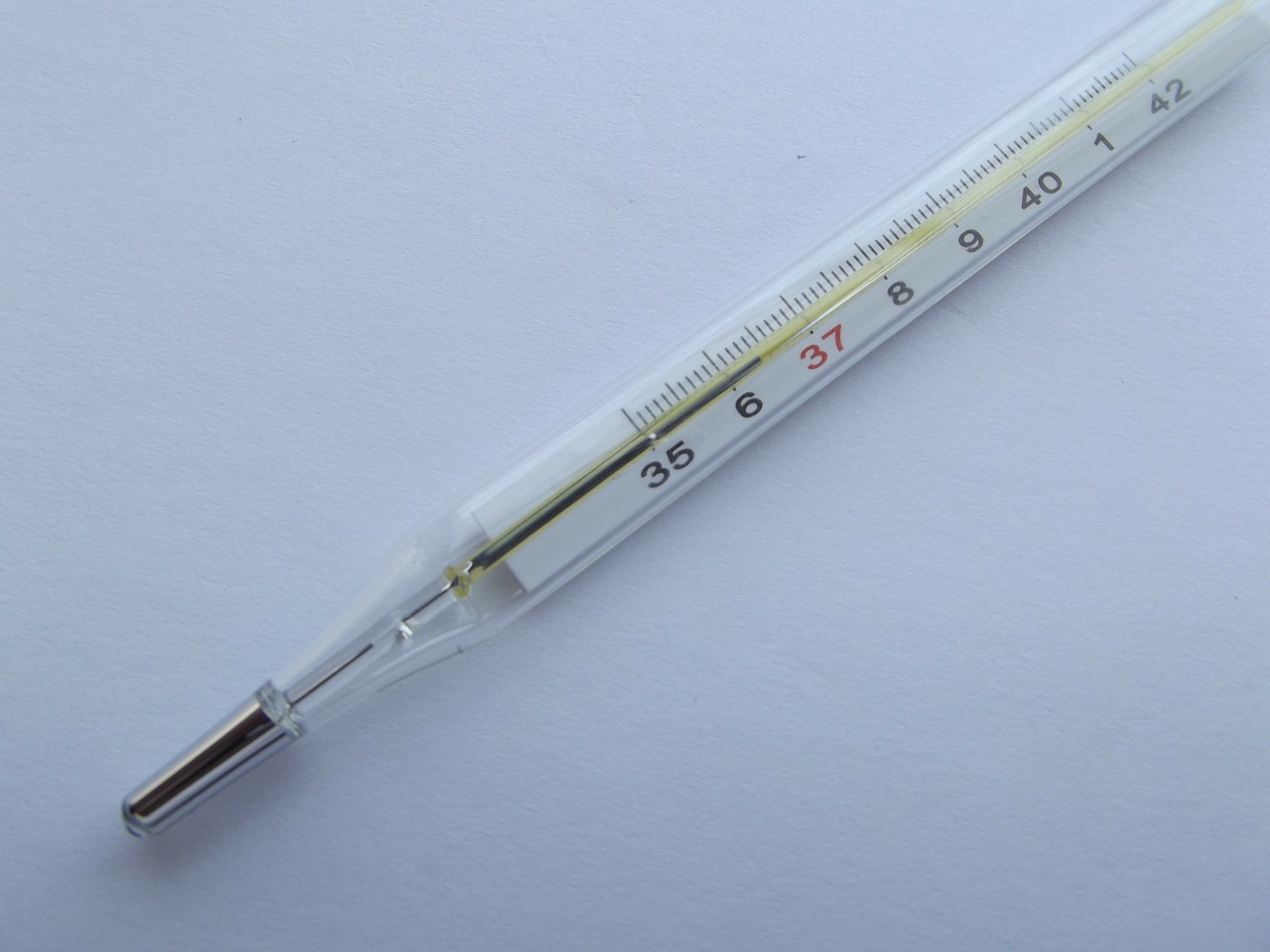
Scheduling Immunizations and Vaccines During a Pandemic
In light of National Immunization Awareness Month, we thought it was important to shed some light on the topic of vaccination guidance during a pandemic. This is especially of concern for those who have loved ones undergoing hospice services in San Mateo and elsewhere. The COVID-19 pandemic has prompted healthcare providers to pivot how they operate so that they can provide essential services to their patients. The same goes for hospice. It’s vital to ensure immunization services are maintained or reinitiated so as to protect vulnerable individuals from preventable diseases and outbreaks. It’s also vital to reduce the risk of respiratory illness during the upcoming flu season.
Why is Immunization Necessary During COVID-19?
Efforts to reduce transmission of the coronavirus, which includes initial shelter in place and stay-at-home orders, has spurred a decrease in routine preventive medical services, including immunizations. When people cancel their routine office visits, follow-ups, and vaccine appointments due to fear or due to government orders, they may get sick and require costly medical visits. Routine vaccination, for instance, prevents illnesses that can result in unnecessary medical visits and hospitalizations, as well as those that put a strain on an already taxed healthcare system, says the CDC.
Since COVID-19 affects primarily the respiratory system, influenza vaccination will be essential in reducing the impact of respiratory illnesses in the population during the upcoming influenza season.
Vaccines and Hospice Patients
Flu season begins in fall and continues through spring, with a majority of cases being reported between December and March. The best way to keep the flu at bay is to have a flu shot, yet many hospice patients are uncertain about getting theirs. They may worry that the vaccine will actually make them sick, or they may assume because they are already ill, it won’t make a difference. Truth is, both hospice and palliative care patients need flu vaccines more than any other demographic, says Very Well Health.
The CDC recommends everyone over six months get a flu shot, as well as those over the age of 65, those suffering from chronic diseases or those who live in long-term care facilities. These people are at extra high risk for flu-related complications. Often times, hospice and palliative care patients are over 50 years old, with chronic medical conditions and weak immune systems, making them more susceptible to contracting the flu.
The flu can be mild or severe, but in some cases can even cause death. The risk of death from the flu is higher in people whose immune systems can’t combat the illness well. This is why it’s important for hospice patients, their families, and their caregivers to receive the seasonal flu vaccine.
Other Risk Groups
Amidst the circulation of COVID-19, the CDC recommends that children and teens should still be getting regular immunizations according to their schedules. This will avoid missed opportunities for vaccinations and make way for timely vaccine catch-ups. Any vaccines that are due or overdue should continue to be administered according to established immunization schedules, provided a specific contraindication does not exist. This will offer protection as soon as possible, minimizing the number of healthcare visits required to complete vaccination.
The same goes for wellness visits that may have been missed during the height of COVID-19 shutdowns. Care providers should start by identifying children who have missed such well-child visits and scheduled vaccinations and contact them to book in-person appointments. The recommendation is to start with newborns, proceed to infants up to 24 months old, then onto young children and extend through teenagers.
Safe Delivery of Vaccinations
The potential for asymptomatic transmission of COVID-19 is why it’s so important to apply infection prevention practices when interacting with all patients, including social distancing, respiratory and hand hygiene, source control, and surface decontamination.
To help ensure safe care delivery during vaccination visits, hospice and other health care providers should:
- Minimize chances for exposure, including screening for COVID-19 symptoms.
- Ensure all staff adheres to infection prevention and control procedures.
- Wear a face mask at all times.
- Use eye protection when appropriate.
- Maintain physical distancing.
With reduced vaccine administration during the coronavirus pandemic, unvaccinated or under-vaccinated patients are more susceptible to preventable illness, which is why strategies should be implemented to promote adherence to the vaccination schedule and make sure catch-up vaccination is implemented.
Controlling the Spread of Infection
In addition to hospice patients getting the flu vaccine, there are many ways they — and their caregivers — can reduce the spread of infection:
- Thorough, frequent hand washing — this is the very best way to keep infections at bay. If you don’t have access to a bathroom, use alcohol-based hand sanitizers. Everyone who visits your loved one in hospice should wash their hands before entering the room.
- Cover your mouth and nose when sneezing or coughing, using a tissue or inner elbow instead of hands.
- Avoid crowds. If you are a caregiver or family member and you feel sick or have a fever, stay home.
Contact Pathways Home Health and Hospice
To learn more about what we are doing to keep your loved one safe in hospice, contact us at 888-978-1306.

